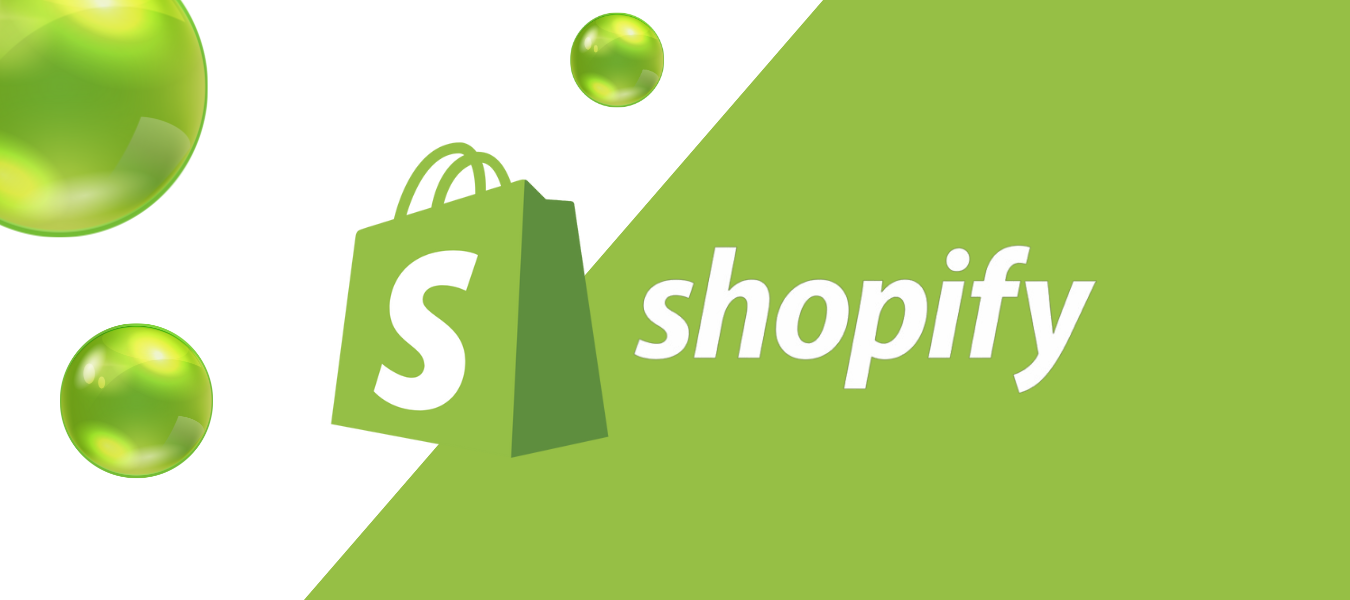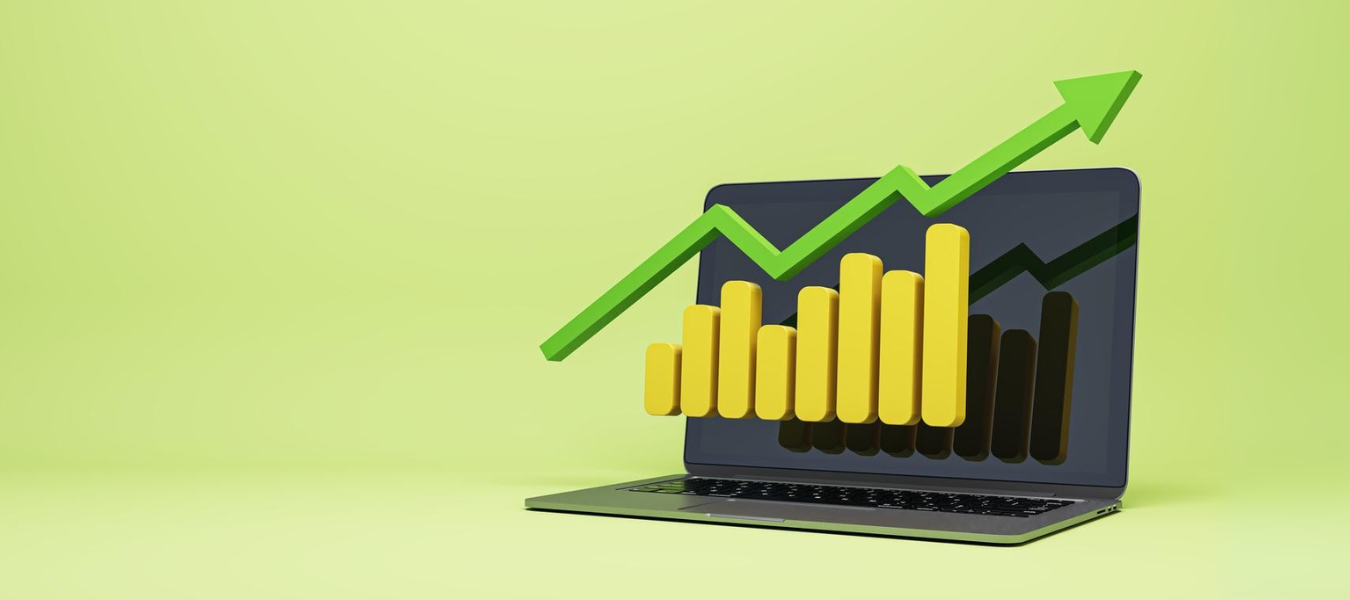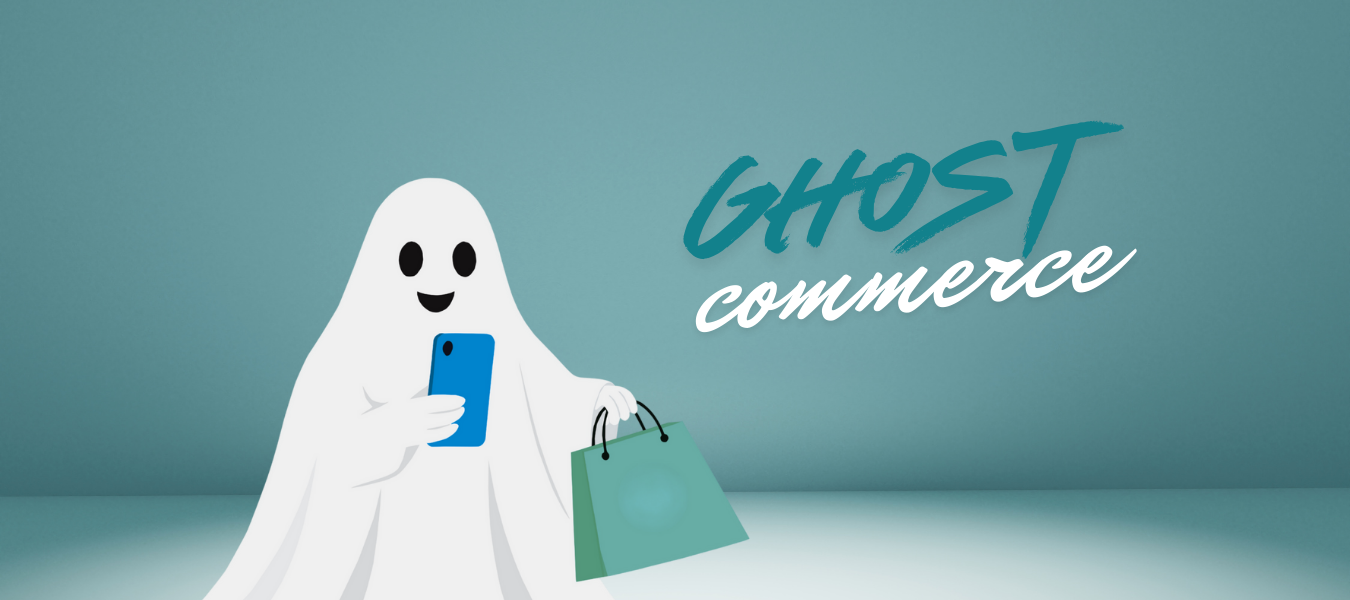



If you’re planning to start an online store or thinking about switching platforms, you’ve probably come across Shopify. And if you’re like most sellers, your first thought is probably: Is Shopify really legit? In a space crowded with platforms that promise the world and deliver little, it’s a valid question. But here’s the real deal: Shopify isn’t just legit — it’s one of the most reliable, secure, and scalable e-commerce platforms out there. It powers millions of businesses across the globe, from solo sellers running side hustles to global brands processing thousands of orders a day.
In this comprehensive breakdown, we’re not just going to tell you Shopify is trustworthy. We’ll show you why. We’ll unpack how Shopify works, how it keeps your store and data safe, how much it costs, who uses it, and why it’s the go-to for so many entrepreneurs, especially dropshippers.
And before we go further — if you’re planning to use Shopify for dropshipping or multi-channel selling, keep in mind that Mysellerhub is officially available on the Shopify App Store. With full integration and automation features, it’s built to help sellers streamline operations, sync inventory, manage orders, and scale effortlessly. More on that later — but it’s worth remembering as we explore what makes Shopify such a force in modern e-commerce.
Ready to dive in?
Shopify is a cloud-based e-commerce platform that allows individuals and businesses to create, run, and manage online stores. Unlike marketplaces like Amazon or Etsy, where you list your products alongside millions of others, Shopify gives you full control over your own branded storefront. You’re not just renting shelf space — you’re building your own digital shop from the ground up.
Shopify is designed to be beginner-friendly, but flexible enough to power large, high-volume businesses. From physical products to digital downloads, subscriptions to services, Shopify supports virtually every kind of e-commerce model. It gives sellers a comprehensive toolkit that covers everything from product listings and inventory management to payments, customer communications, and shipping logistics.
So, how does it all come together?
Here’s a more detailed breakdown of how Shopify works:
What makes this even more powerful is the ecosystem around Shopify. You don’t need to hire a team to run your store. With apps like Mysellerhub, you can automate key parts of your operations — like syncing products from suppliers, auto-updating stock levels, and managing orders across multiple channels.
That’s one reason why so many entrepreneurs start (and stay) on Shopify — it works with them, not against them.
When you’re running an online store, security is non-negotiable. From customer payment information to store data, every transaction needs to be protected. Shopify understands that trust is the currency of e-commerce, and it’s built its entire infrastructure around security and compliance.
Here are three critical features that make Shopify one of the safest platforms for online sellers:
Shopify is certified Level 1 PCI DSS compliant — the highest standard in the payment card industry. This means every Shopify store is automatically protected with bank-level security, and you don’t need to lift a finger to implement it.
Your store will:
This level of compliance is typically expensive and complex to maintain independently, but with Shopify, it’s included by default.
If you sell to customers in the EU, you must comply with the General Data Protection Regulation (GDPR). Shopify’s platform helps you do that without technical headaches.
GDPR ensures:
Shopify provides tools to help sellers comply, from privacy policy generators to data access request handling.
Every Shopify store comes with a free 256-bit SSL certificate, which encrypts all data transferred between your website and your customers. This is not just a trust signal — it’s also a ranking factor for SEO.
SSL ensures:
Together, these features make Shopify one of the safest platforms to build your business on. It’s designed to handle security behind the scenes so you can focus on what matters: growing your store.
When considering whether a platform is “legit,” one of the best signals is who’s using it — and how. Shopify isn’t just a beginner’s playground. It’s a powerful engine trusted by millions of businesses, from bedroom startups to multi-million-dollar brands.
In fact, Shopify powers over 4 million businesses across 175+ countries. It’s not a niche platform — it’s global, versatile, and built to support sellers at every stage.
Some of the most recognized names in e-commerce run their storefronts on Shopify:
Once a small fitness apparel brand launched by a teenager in the UK, Gymshark scaled into a multi-million-dollar fitness empire — and it all happened on Shopify. Their store handles flash sales, global shipping, influencer partnerships, and more, all while maintaining a seamless shopping experience.
Yes, that Kim. Her beauty and skincare brand, SKKN by Kim, uses Shopify to run a sleek, high-volume store with custom branding, product drops, and digital marketing integration. If Shopify is good enough for a Kardashian-level launch, it’s more than capable of supporting your next product drop.
A legacy fashion brand that embraced modern commerce, Steve Madden uses Shopify to create a fast, visually rich experience for shoppers around the world. Their team takes advantage of Shopify’s scalability to handle everything from product personalization to international fulfillment.
These aren’t isolated cases. From Allbirds and Fashion Nova to Kylie Cosmetics and Red Bull, Shopify is a preferred choice for brands that demand performance, reliability, and flexibility.
So whether you’re building your first store or scaling your tenth, you’ll be in good company.
Pricing is one of the first things new sellers want to know — and it’s a fair question. Shopify isn’t free, but it offers solid value depending on where you are in your business journey.
Here’s a breakdown of Shopify’s main pricing tiers (as of 2025):
| Plan | Monthly Price | Best For |
| Basic | $29 | New sellers or dropshippers starting out |
| Standard | $79 | Growing stores with consistent sales |
| Advanced | $299 | Scaling brands with large volume or teams |
Each plan includes unlimited products, 24/7 support, Shopify Payments (no extra fees), and an access to the Shopify App Store. And don’t forget — there’s a free 3-day trial and sometimes $1/month promos for new sellers.
Shopify is transparent when it comes to pricing, so you won’t find any hidden fees by surprise. However, there are additional transaction fees if you choose to use a third-party payment gateway instead of Shopify Payments. By default, Shopify Payments allows you to process transactions without incurring any extra charges. But if you opt for alternatives like PayPal or Stripe, Shopify applies a small fee on each transaction, typically between 0.5% and 2%. This structure is clearly outlined on their website, making it easy for business owners to understand the full cost before committing.
Now let’s talk about one of the biggest eCommerce models of the last decade: dropshipping. If you’re looking to start an online store with low overhead, minimal upfront investment, and maximum automation potential, Shopify was practically made for you.
But let’s not just say it — let’s explain why.
You’ve probably realized by now: Shopify is legit. Running a Shopify store is surely exciting. Managing every detail manually? Not so much. That’s where Mysellerhub steps in.
Mysellerhub is now available in the Shopify App Store and connects directly to your Shopify store. It helps you streamline operations and focus on growth instead of manually checking tons of spreadsheets or toggling between tabs.
Here’s what Mysellerhub can do for you:
With one click, Mysellerhub connects to your Shopify store. You don’t need to worry about clunky software or manual imports. Your product data, orders, and inventory all sync in real-time.
Tired of logging into five platforms just to fulfill one order? Mysellerhub centralizes your entire e-commerce operation. View orders, manage products, track inventory, and connect with suppliers — all from one clean interface.
Need quality products for your store? Mysellerhub gives you access to Onlihub, a curated dropshipping supplier network. Import products directly, edit listings, and start selling — fast.
Planning to expand beyond Shopify? Mysellerhub supports listings across other platforms, allowing you to manage all your e-commerce channels in one place.
Automatically adjust prices based on cost changes, set profit margins, and create pricing rules to keep your business sustainable.
In short, it gives you a full command center for your business. One place to manage everything, with less stress and more control. You can install it directly from the Shopify App Store, and integration takes just a few minutes. Once connected, Mysellerhub pulls in your store data and gets to work.
At this point, it’s pretty safe to say: Shopify is 100% legit. It doesn’t promise overnight success. It doesn’t do the work for you. What it does offer is something far more valuable: a stable, trusted, and flexible environment where you can actually build, test, grow, and adapt your brand.
And that’s what makes it legit.
Whether you’re selling handcrafted goods, dropshipping trending products, or launching a new DTC brand, Shopify gives you the infrastructure and freedom to do it your way. You’re not locked into a specific model. You’re not limited by template rules. You can start simple — and scale big.
And if managing inventory, suppliers, or multichannel orders is part of your challenge, Mysellerhub is your trusted partner. Our Shopify integration makes it easier to run your backend like a pro, without having to juggle a dozen disconnected systems.
At the end of the day, Shopify is more than legit — it’s a platform built for real sellers doing real business.





